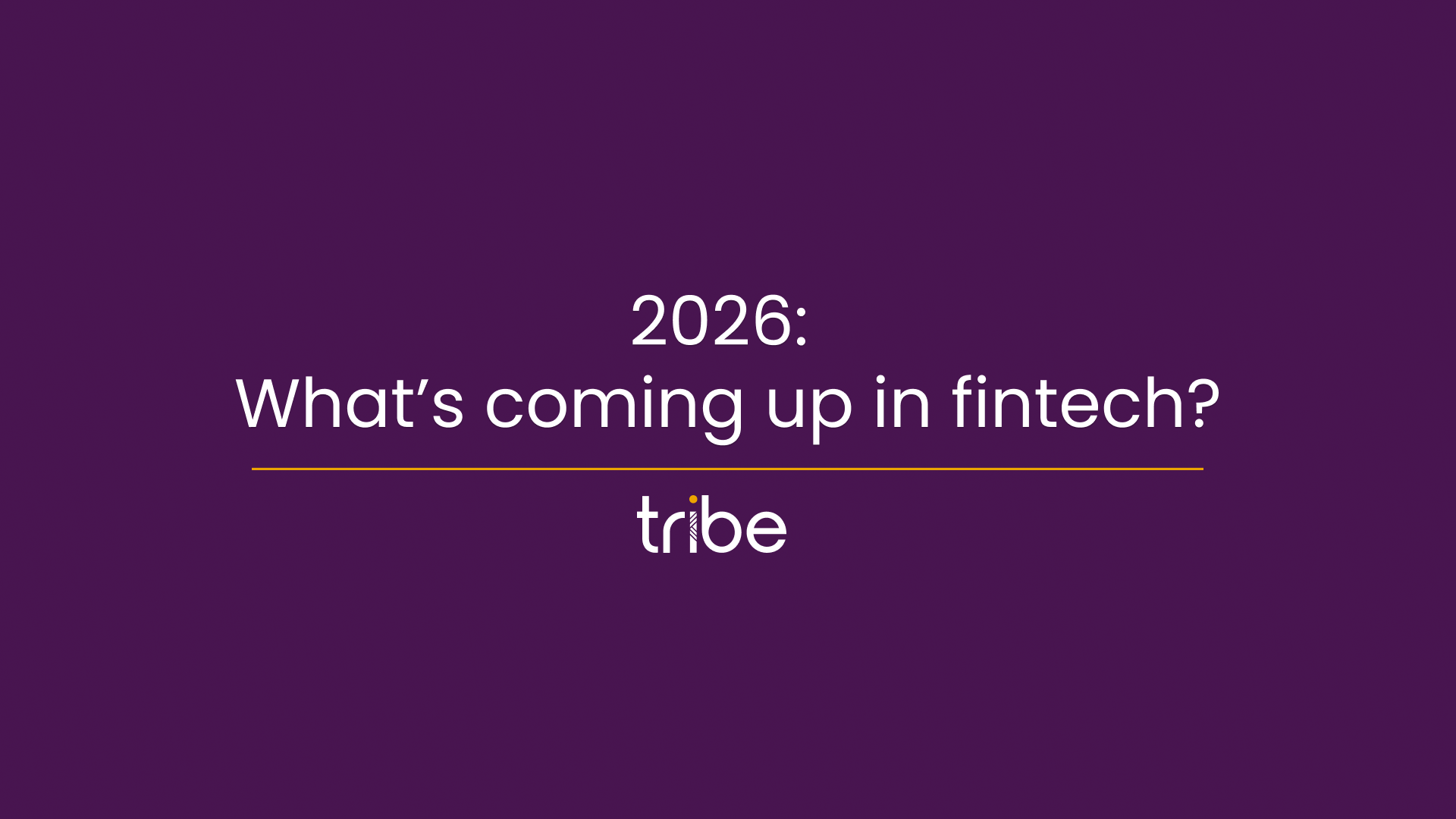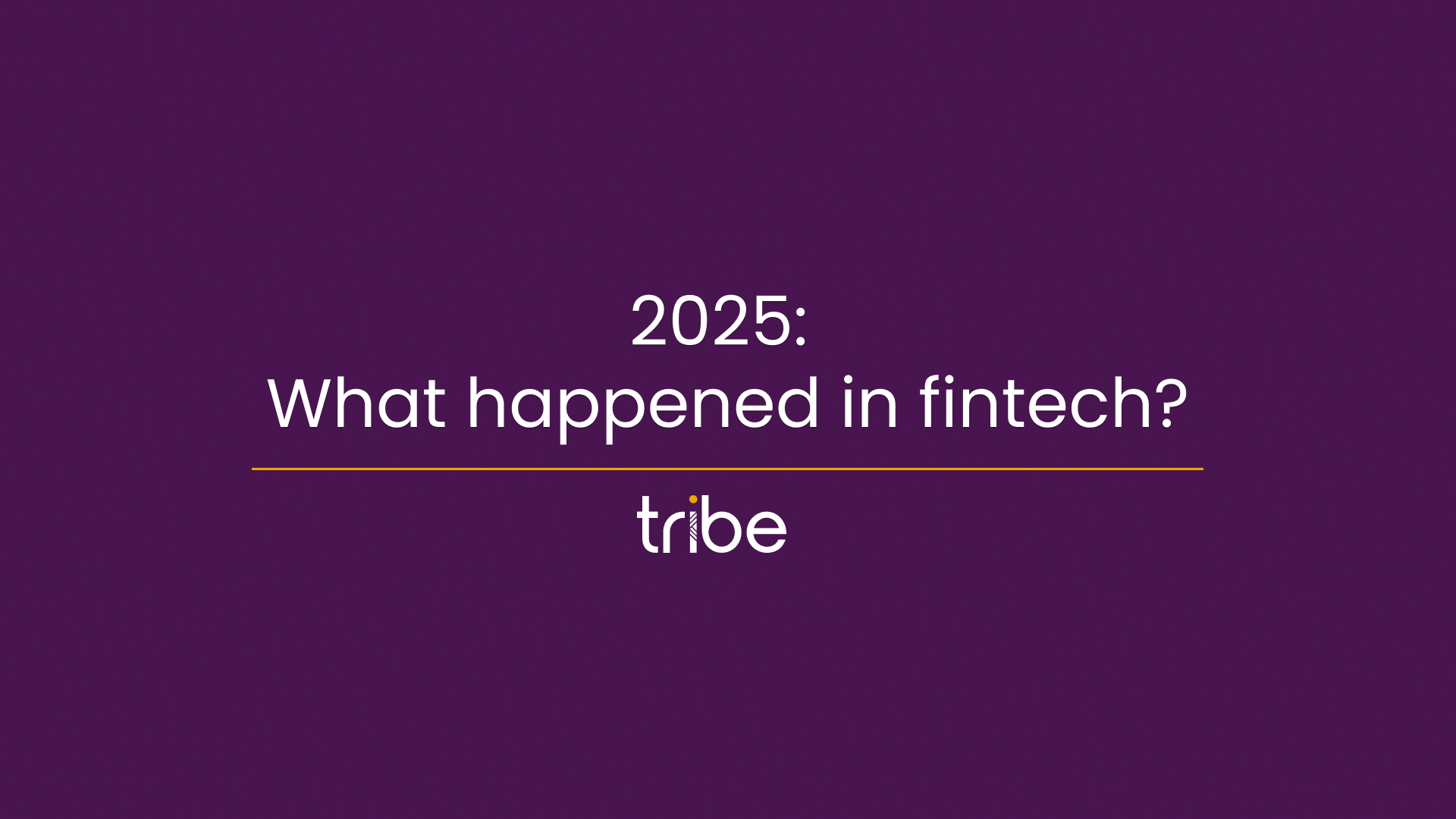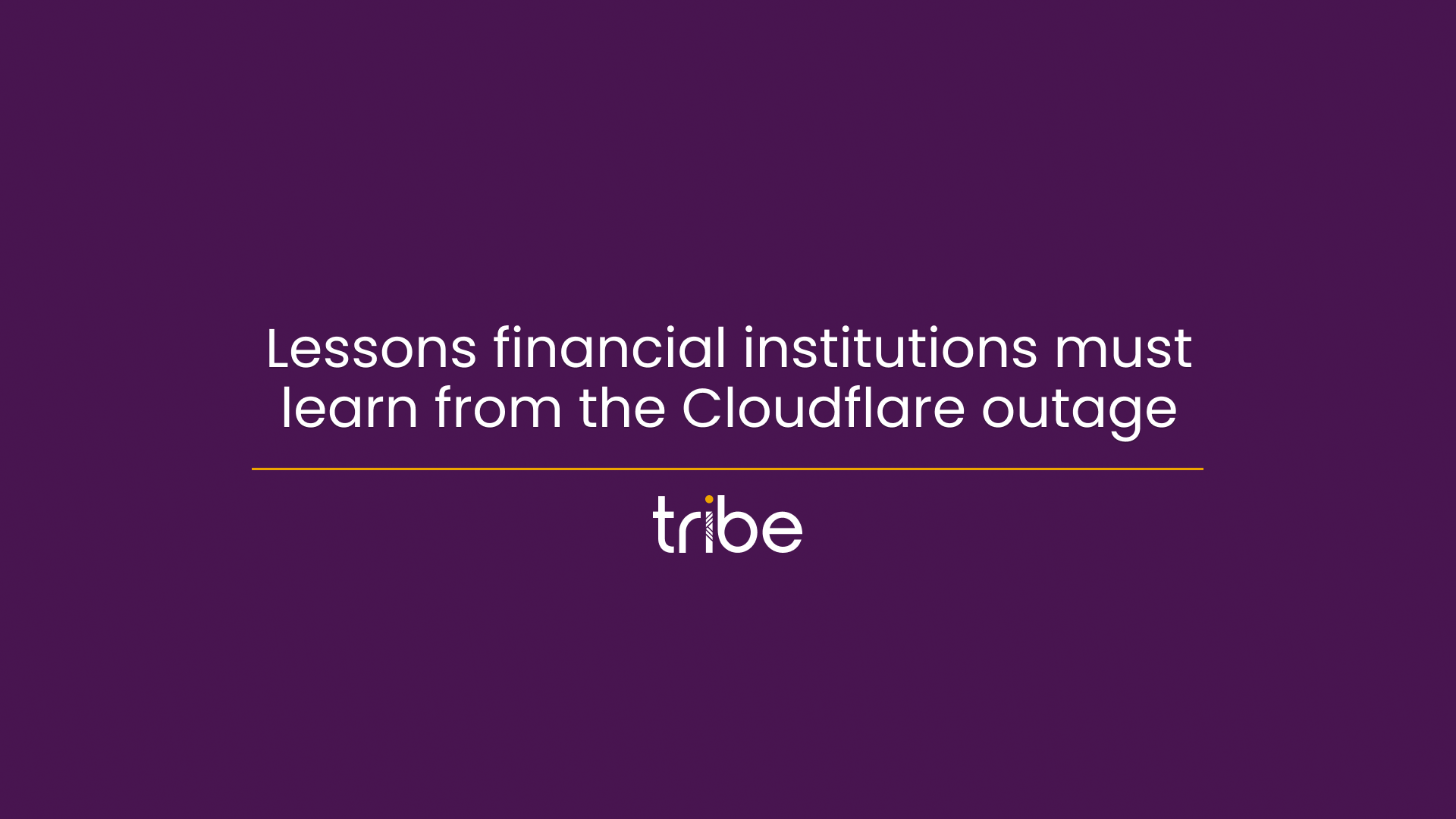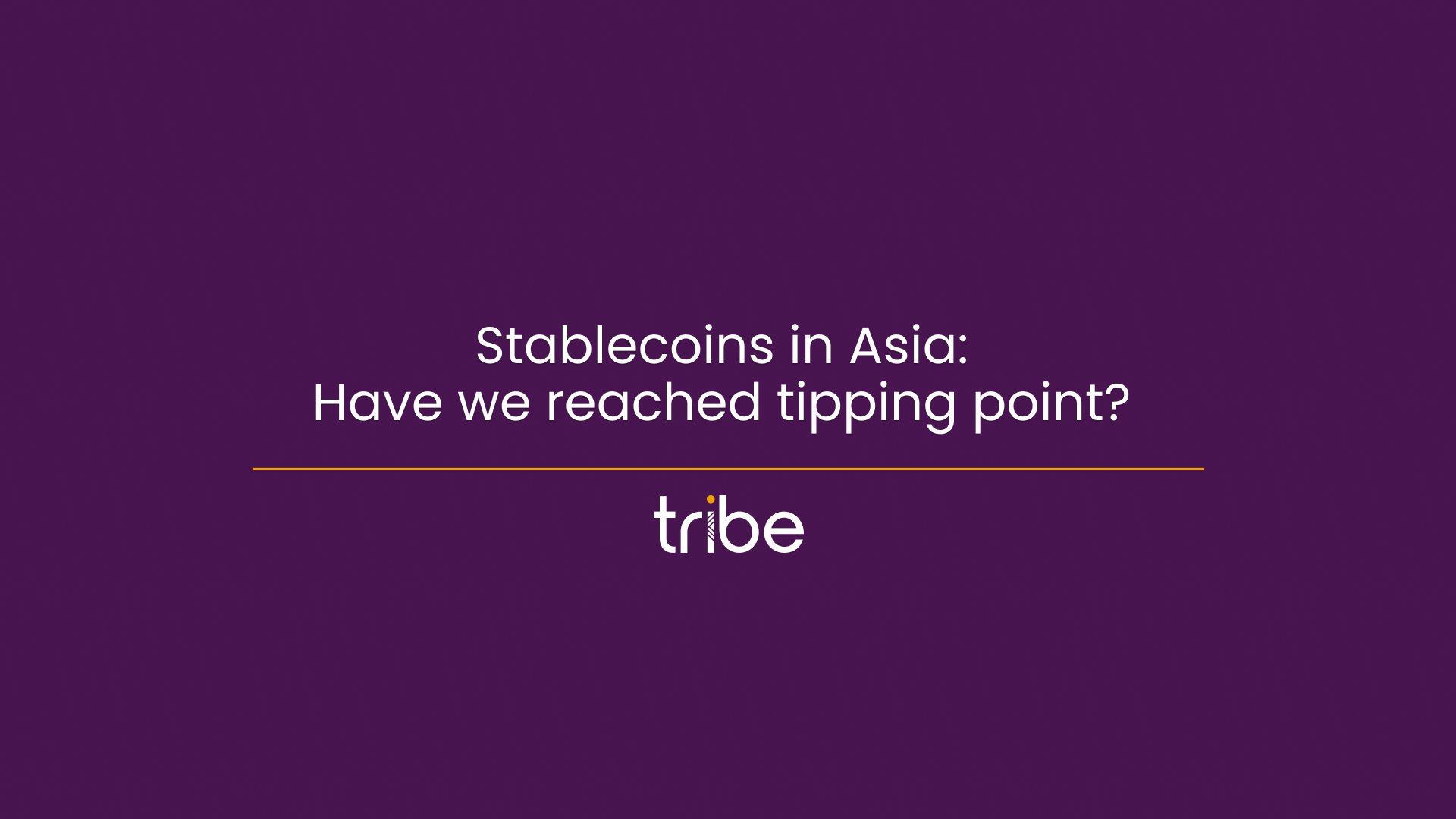How is Open Banking changing financial services?
Open Banking had a slow start. In 2019 regulators reprimanded banks for failing to meet the deadlines they had been set. COVID-19 hasn’t helped, with financial services (and every other sector) prioritising responding to the pandemic over everything else. But this is changing. Open Banking is gaining momentum, if not yet quite reaching its full promise. So, it’s important to ask: how will Open Banking change the market? Will the changes be the ones the regulator’s intended?
Open Banking: the story so far
To answer this question, let’s do a quick recap of Open Banking.
In the mid-2010s, fintech was already in the process of disintermediating the big banks, taking services that banks offered, and doing them in a way that customers wanted—on mobile, with a better user experience, and often at a lower price point. But fintechs didn’t want to simply replace bank services, they wanted to use the data held by banks to offer customers new and better services. The only way to get this data was through “screen scraping”, which meant giving the third-party service provider (usually the fintech) full access to an online bank account.
Regulators both in Europe and the UK were keen to encourage fintech services to increase competition in the market, and rightly saw the sharing of data as a necessary part of this. But the security risks of screen scraping meant this was not a good solution, and so regulation (PSD2) was introduced that demanded a better way and banks were instructed to give approved third parties access to data (with permission from the end customer).
This access, mostly performed through APIs, wasn’t just about the one-way flow of data. The standard also demanded that they were capable of payment initiation. That is, bank to bank payments, where the customer can authorise the payment to go straight from their bank account to the merchant or supplier’s account, via a normal payments channel, but without the need for a card.
A new market, new players, and new roles
There are many immediate use cases for Open Banking APIs. For instance, Account Information Service Providers integrate data from bank accounts (and elsewhere) to show aggregated accounts (credit, savings, mortgage etc) and give consumers helpful advice in managing their finances. Then, of course, follows the opportunity to offer personalised services, or cross-sell new products to consumers at the same time.
But, Open Banking has the potential to do much more beyond these basic services.
One good lesson is that of Squire, the startup focused on barbershops. Barbershops are unexpectedly complex, as there can be multiple parties involved in a transaction—the barbershop owner, the barber who may be renting a chair, and of course the consumer. Open Banking means this three-sided transaction can be simple and performed in a single app, thanks to APIs that provide data and payment initiation. Before, this may have required spreadsheets, monthly reconciliations and invoicing. Now, it’s automatic. Squire, an all-in-one platform for barber shops. Squire not only offers a comprehensive software suite, including bookings management, scheduling, pricing analyses, but also acts as the point of sale system. In ten years, it is likely that such one-stop solutions will be the market standard.
By focusing on a single market segment and using data to create something that really works for that segment, we can see how technology, data and payments can come together to make something cohesive. Open Banking, by allowing data to flow from different providers, opens the door for lots of unexpected use cases.
A new market is emerging, one that allows incumbent banks, fintechs, and specialist providers to coexist. Banks were initially reluctant to enable this—or at least had other priorities over creating APIs—but they have a new role to play in the market, one where Open Banking acts as a bridge between existing market players and new use cases. The choice incumbents have is how to embrace this change, because the momentum behind Open Banking is certain to gather speed.







.png)
.png)



.png?width=137&height=90&name=Payments%20Awards%20(1).png)


.png)